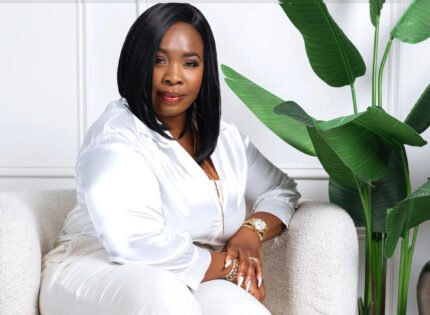Egbert Gaye
Efforts to set up a coalition among groups representing various Caribbean nationals in Montreal are generating cautious optimism among those who are involved in the initiative.
It follows a meeting that took place at the Jamaica Association on Jean Talon Street on Sunday July 19, which brought together representatives from several island associations including Barbados, Guyana, St Vincent and Grenadines, Montserrat, Grenada and Jamaica.
Mark Henry, president of the Jamaica Association is the initiator of the coalition as a great way “to encourage and support each other” also as a potential opportunity “to bolster each organization and their efforts.”
Among those present at the meeting were several well-respected members of Montreal’s English-speaking Black community such as Leebert Sancho, president of the Guyana Association of Montreal, Nigel Clarke, president of Barbados House, Alfred Dear, president of the St Vincent and Grenadines Association of Montreal and George Grant, honorary consul for Jamaica at Montreal.
And there was unanimous consent that the move towards forming this coalition will prove to be a positive step for the future of our community.
“While we are not positioning ourselves as a political group, it’s an opportunity that will allow us to speak with one voice on issues that are relevant to our community,” says Clarke, whose involvement in community work reaches back decades.
He told the CONTACT that because what’s being proposed is a network of groups and resources and not an umbrella organization with a formal hierarchical structure, there’s a greater chance of success.
Nicole Swan, president of the Grenada Association of Montreal says the proposed new network has the potential to boost individual organizations that are themselves experiencing challenges in recruiting and maintaining members.
It will be ideal if we can work together on joint projects,” she told the CONTACT. “The fact that we are already having informal discussions about staging an Emancipation Day event next August can generate interest and get more people excited and involved in community activities.”
She says the new coalition will definitely impact on the nagging tendency among community organizations to duplicate dates in hosting events.
“We’re hoping that at least we’ll be able to coordinate for some of our bigger events and find ways to support each other.”
The St. Vincent and the Grenadines Association president, Jack Dear, has seen more than his share of coalition attempts, many of which have disintegrated with power struggles.
He says he is observing carefully and is “cautiously optimistic” that this one will work out.
Henry is confident that groups can move beyond individual preoccupations and form this common bond.
He initially reached out to all the island association late last year following his election as president of the Jamaica Association, inviting them to consider using the association’s hall for meetings and other get-togethers.
Part of his objective was to try to forge a better relationship between Jamaican and their Caribbean brothers and sisters but in June he decided to broaden the scope of that outreach and invited representatives of all island associations to come together on this much-needed network.
The 2016 census counted about 184,000 people of Caribbean origin in and around Montreal about 50,000 to 60,000 of whom can be allocated to the English-speaking sector of the community.
Although an informal look tells of a significant influx in the number of people from St. Vincent and the Grenadine as well as from Grenada, census figures still show the majority of English speakers of Caribbean heritage are from Jamaica followed by those from Trinidad and Tobago.
(L-R): Mark Henry (Jamaica, Sharon Nelson (Jamaica), Cynthia Waithe (Barbados), Nicole Swan (Grenada), Veronica Payne (Barbados), Neville Boyce (Monserrat), Nigel Clarke, (Barbados), George Grant,
Honourary Consul for Jamaica at Montreal, Leebert Sancho (Guyana), William Critchlow (Guyana), Jack Dear (St. Vincent).














